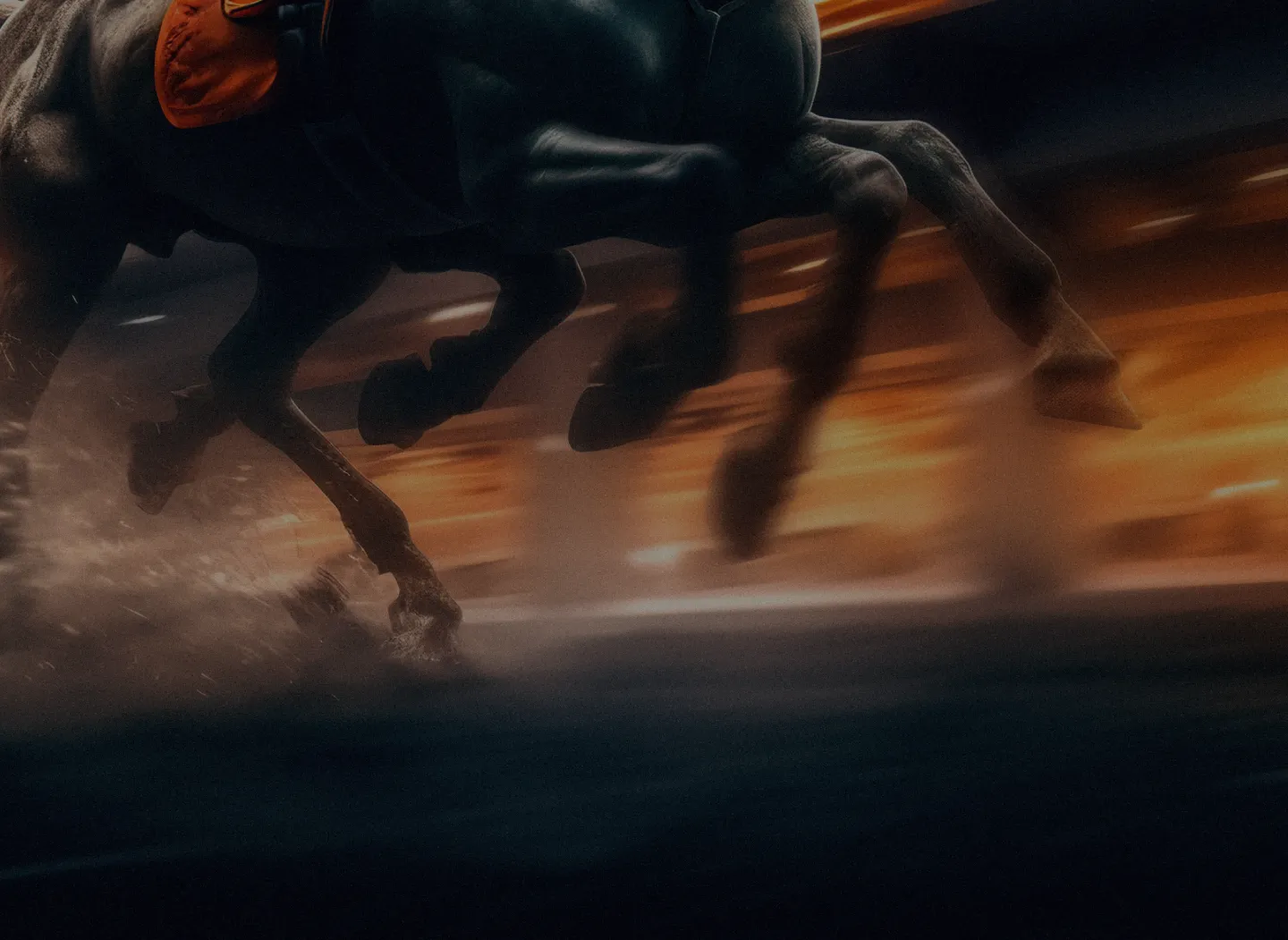The world of horse racing is exciting, intriguing, and full of misconceptions. How much can a racehorse cost? Is it really a profitable investment? In this article, Stables provides answers to all the questions you may have about the behind-the-scenes of horse racing.
What is the Price of a Racehorse?
Factors Impacting the Price
Before giving a clear answer to the question of the price of a racehorse, it is necessary to clarify some information. First, there are two main categories of races: trotting and galloping. Obviously, the prices vary depending on these two competitions.
🔗 Discover now the difference between trotting and galloping !
Then, the figures shared here are average ranges. Indeed, some auctions of extremely promising foals can reach astronomical sums, sometimes beyond a million euros.
We have briefly introduced it and you have certainly understood it yourself, certain factors impact the value of a horse. Let's see together what they are:
- Pedigree: The heritage of a horse is often the most significant factor in determining its price. Horses from winning lineages, especially those related to famous racing champions, can cost much more.
- Performance and potential: Also called "conformation," this criterion estimates a horse's ability to adapt to high-level training. A young horse with promising performances in qualification races or training can see its value increase considerably.
- Age: Along with the horse's health, age is also crucial. The most expensive horses are often yearlings (one-year-old horses) and their price logically tends to decrease over time.
🔗 Go further with our top 5 horses that have marked the history of horse racing
Average Prices of Racehorses
For gallopers, sales are generally made on yearlings with prices ranging from a few thousand euros to several million euros. For trotters, prices range from a thousand euros to just under 100,000 euros.
Here is a more representative scale of the prices of yearlings, the racehorses that intrigue enthusiasts of this sport the most:
- Low-level racehorses: From a few thousand to 20,000 euros.
- Mid-level racehorses: Between 20,000 and 100,000 euros.
- High-level horses: Can exceed 100,000 euros, with some exceptional horses sold for several millions.
🔗 Learn more on Who are the top 5 women jockeys in 2023
What are the Additional Costs?
Even if the price of a racehorse may seem accessible to some, it is important to understand that the purchase cost is only part of the overall expenses you will have to provide.
Before being allowed to buy, you must submit an approval request to France Galop (flat and obstacles) or La Société LeTROT (trot) depending on the horse. These require annual incomes of more than 75,000 euros and 35,000 euros, respectively.
Then, once the horse is purchased, it will need a good trainer, which can cost from a thousand to several thousand euros per month. Added to this are food, housing, and veterinary care. This general maintenance can cost from 20,000 to 40,000 euros per year. Finally, registering and transporting a horse in races at different sites generate additional costs.
🔗 You don't know Stables? Discover the Web3 game powered by PMU!
How to Become a Racehorse Owner?
While individual ownership is the most traditional form of racehorse possession, there are other less known but equally widespread forms. First, there are the owners' syndicates. Much less expensive, this model allows a group of people to share the ownership of one or more horses. Each member of the syndicate contributes to a portion of the costs and, in return, receives a share of any potential gains.
Then, there are partnerships. Like the syndicate, it involves the participation of a group of people, whose particularity is that they simply provide financial contributions to the project. Partners can have more influence on decisions concerning the horse compared to members of a syndicate.
Finally, there are racing clubs. These purchase and manage horses, and members pay annual fees to enjoy the benefits of ownership, such as access to stables and attendance at races. This offers an ownership experience without the direct responsibilities of management.
Related posts
Discover our other articles

The redistribution of S-Points in the Inaugural Race

Lessons we've learned from the survey

What has happened with Tezos (XTZ) since the beginning of 2023?
Don't miss any news from Stables anymore
Want to find out more about the world of Stables? You've come to the right place.



.png)